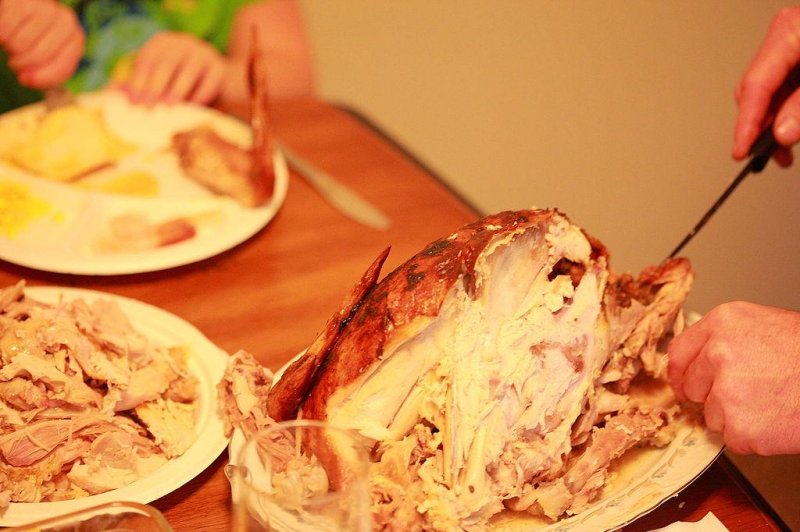WASHINGTON, Oct. 23 (UPI) -- Childhood malnutrition in the United States is a problem a pediatricians organization says is not being reported by parents and going unnoticed by doctors -- mostly because of embarrassment.
The American Academy of Pediatrics issued a policy statement, published in the journal Pediatrics, recommending doctors ask children if they are hungry and help their parents get food assistance through state and federal programs.
The U.S. Department of Agriculture estimates at least 14 percent of households in the United States in 2014 were food insecure, or lacking consistent access to adequate food. Twenty-one percent of children in the country -- about 16 million -- live in these households, and 30 percent of families who report they are food insecure have had to choose between food and medical care, the AAP wrote in its statement.
"We are in the midst of a nutritional crisis in our country, and when you're in a crisis, you can't keep doing what you've always done," Dr. Sandra Hassink, president of the AAP, said in a press release. "That's why pediatricians are taking a comprehensive approach, connecting families to resources and advocating to keep federal nutrition programs like WIC and SNAP strong. It will take all of us -- pediatricians, parents, government leaders, educators -- partnering together, to do our best to ensure that no child goes hungry in this country."
In the policy statement, the AAP suggests doctors ask families two questions based on children's expression of hunger: Whether they have been worried in the previous 12 months if their food would run out before getting money to buy more; and whether in the last 12 months their food had run out before they had money to buy more.
The organization recommends doctors help families apply for assistance with federal food programs such as Special Supplemental Nutrition Program for Women, Infants, and Children, the Supplemental Nutrition Assistance Program and school lunch and breakfast programs, among others.
"The demographic of food-insecure Americans extends beyond the areas of concentrated urban poverty and into suburbs and rural America, areas often mistakenly thought to be immune to this problem," the authors write in the policy statement. "Like poverty, food insecurity is a dynamic, intensely complex issue."















